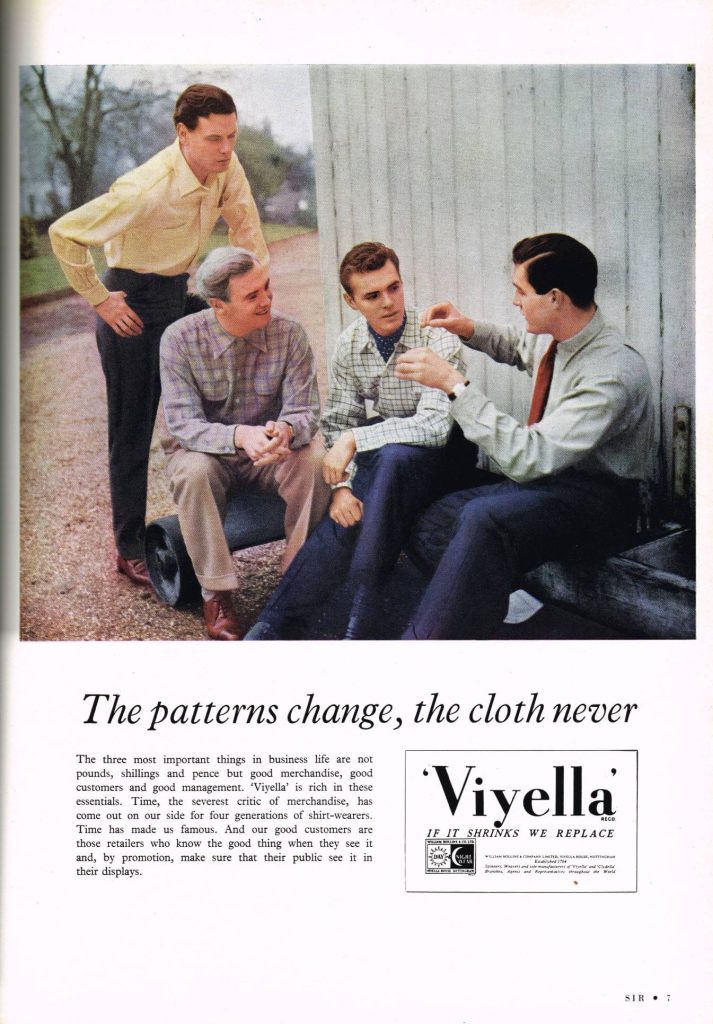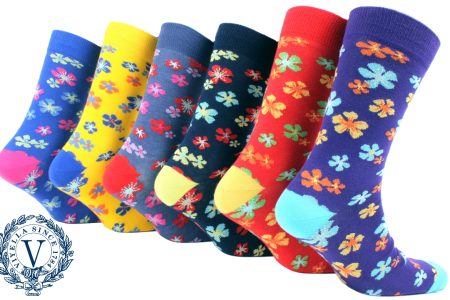More than 90 tonnes of clothing and textile waste is sent to landfill every single year. Fast fashion in particular is having a hugely detrimental impact on our environment, with piles of fast fashion the size of Mount Everest entering landfill every seven minutes.
The Environmental Impact of Fast Fashion
In addition to being a huge consumer of water and energy, the fashion industry is also responsible for a significant percentage of microplastics in the oceans.
Research has shown that 80% of clothing ends up in landfill which simply isn’t something that our planet can sustain, particularly when we take into consideration that approximately 700 gallons or 2,700 litres of water is needed to produce a single cotton shirt. To put this in context, this is similar to the amount of water one person will need to drink over the course of two and a half years.
Plus, the fashion industry is responsible for 10% of carbon emissions globally, which is more than maritime shipping and international flights combined. According to the Ellen MacArthur Foundation, garments are worn between seven and 10 times on average before they are discarded, which just isn’t enough to justify the vast amounts of resources that are required to create them.
Viyella Is Different
The throwaway model that has allowed fast fashion to thrive cannot continue and we remain committed to pushing for an alternative perspective, which is why all of our Viyella shirts continue to be, as they have always been, designed and made to last a lifetime.
Not only do the garments we produce have a sense of timelessness that never goes out of style, but our commitment to producing garments of the highest quality means that you can re-wear Viyella pieces time and time again, safe in the knowledge that they are constructed from long-wearing, washable fabrics.

Throughout our long and rich history, Viyella have been at the forefront of textile design, crafting everything from service shirts in regulation Khaki and Air Force Blue designed to never look the worse for wear during long campaigns [Service Shirt Ad] to a shirt that was worn during the Boer War at Mafeking in 1899 [Old Hathaway Ad] and was still being worn by the next generation more than 50 years later.
As part of our commitment to minimising waste, we use surplus deadstock fabric to make handkerchiefs, all of which are made here in England to reduce product miles and keep our carbon footprint to a minimum.


